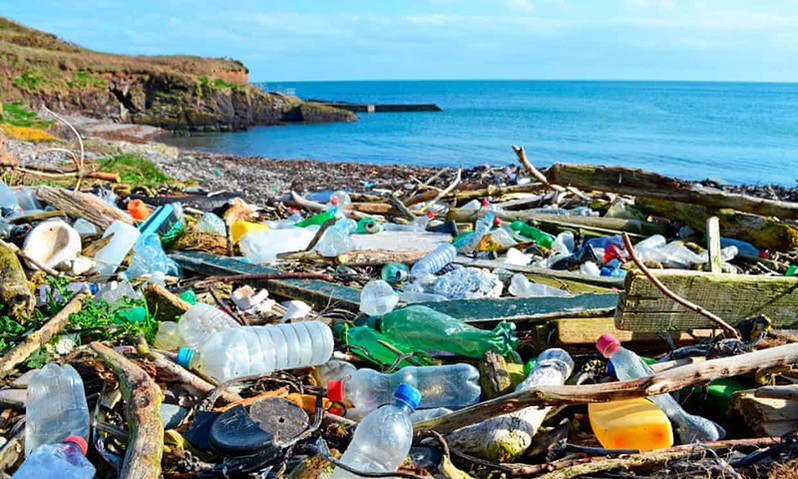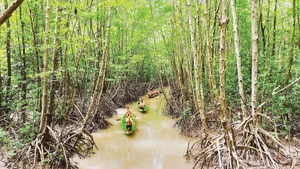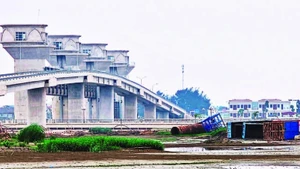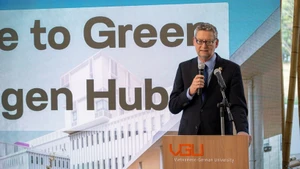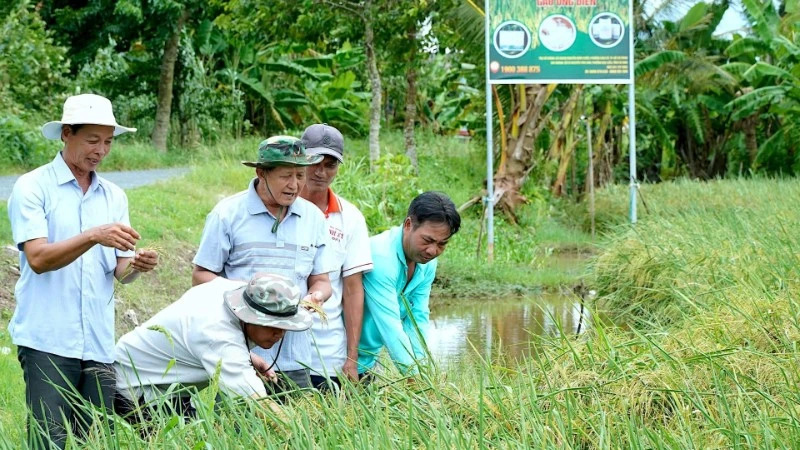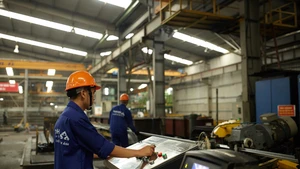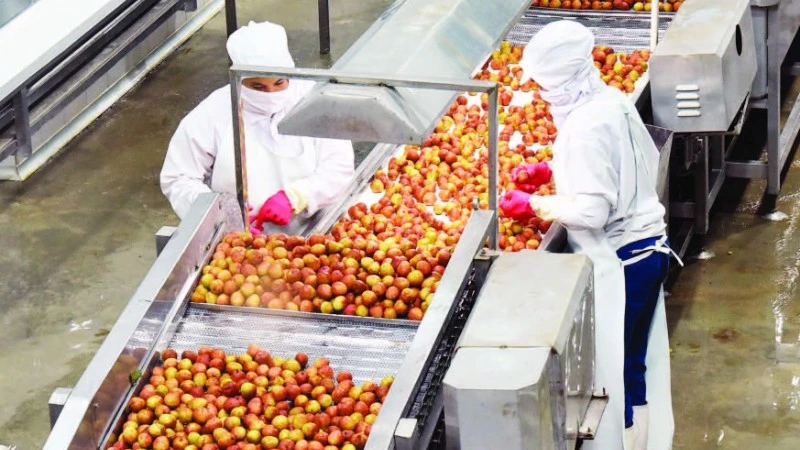Risk of plastic waste
Nguyen Thi Ngoc Anh, Institute of Strategy, Policy on Resources and Environment under the Ministry of Natural Resources and Environment said that in Vietnam as well as in the world, nearly 50% of plastic products are designed and manufactured for single use. Of which, only a portion is recovered for recycling or destruction, while a large amount is washed into the system of rivers, canals, and then into the sea.
The amount of plastic waste and plastic bags in Vietnam accounts for about 10-12% of daily-life solid waste. In some cities with developed tourism activities, each tourist discharges an average of 5-10 plastic bags per day, 2-4 plastic bottles, milk cartons into the environment each day, not to mention the products and personal items made with disposable plastic.
The existence of plastic waste not only creates negative impacts on the landscape and environment, reducing the attractiveness of the destination, but also causes objections among tourists, leading to a decrease in the number of visitors and directly affecting the local economy.
In fact, the high growth in the number of tourists and the trend of mass tourism in Vietnam in the past period is one of the reasons why many tourist resorts have been facing the phenomenon of waste pollution, especially plastic waste.
This situation makes the problem of reducing plastic waste in tourism more urgent than ever.
Towards plastic-waste-free tourism
To ensure tourism development in the direction of green and sustainable growth, over the years, Vietnam's Party and State have issued many policies regulating plastic waste management in the tourism sector.
However, according to many experts, there is still a lack of specific guidelines for relevant subjects to apply. In addition, the awareness of people and tourists about reducing plastic waste is not high. Many businesses are still hesitant to apply plastic replacement products due to high costs.
Awareness of people and tourists about reducing plastic waste is not high; Many businesses are still hesitant to apply plastic replacement products due to high costs.
Nguyen Thi Ngoc Anh proposed that it is necessary to develop guidelines and supervise the implementation of a roadmap to limit the production and import of single-use plastic products, difficult-to-biodegradable plastic packaging.
Furthermore, the Ministry of Culture, Sports and Tourism also needs to have strict sanctions for the act of indiscriminately littering the environment by tourism business establishments as well as tourists; and develop and pilot a management model to reduce towards no use of single-use plastic products, especially in some coastal national tourist areas.
Proposing solutions to reduce plastic waste in tourism activities, Pham Ha, CEO at Lux Group, a provider of yacht services in Ha Long Bay, suggested that operators of tourist attractions in Vietnam should be more responsible in jointly transforming the country into a green destination.
According to Vu The Binh, Chairman of the Vietnam Tourism Association, businesses should to seek plastic alternatives to create a sustainable value chain with suppliers and other solutions to retain international tourists to Vietnam and protect the environment.
In the upcoming period, the Vietnam Tourism Association will launch a project called 'Reducing Plastic Waste in the Tourism Industry in Vietnam,' in coordination with the Ministry of Natural Resources and Environment and the United Nations Development Program in Vietnam.
The project will be piloted at some popular destinations in Ninh Binh Province and Quang Nam Province.
Vu My Hanh, representative of the working team in charge of at-source waste management in Hoi An City, Quang Nam Province, underlined the importance of sorting waste at source.
Statistics from the natural resources and environment authority in Hoi An showed that the city discharged nearly 37,200 metric tons of waste during the tourism peak in 2019, equivalent to roughly 101 metric tons of waste per day.
Thanks to great efforts of the entire city to develop zero-waste tourism, Hoi An has been honoured as one of the top four green destinations in Asia.
The city teamed up with a number of businesses to sort waste at source thoroughly, Hanh said.
To date, over 50 tourism businesses have pledged to take action to reduce plastic waste and contribute to developing Hoi An into a green destination, she added.
Gia Vien (Ninh Binh) is also one of the destinations implementing the green tourism model. Vice Chairman of Gia Vien District People's Committee Vu Thi Duoc said the district has recently launched the campaign "Green Tourism Week", aiming to raise the responsibility and awareness of the people and the community in protecting the environment, understanding the harmful effects of plastic waste, thereby taking specific actions to reduce the amount of plastic waste, classifying waste at the source.
Tourism experts say that green tourism models in Hoi An and Gia Vien need to be replicated across the country to create a strong effect in repelling plastic waste in tourism.
